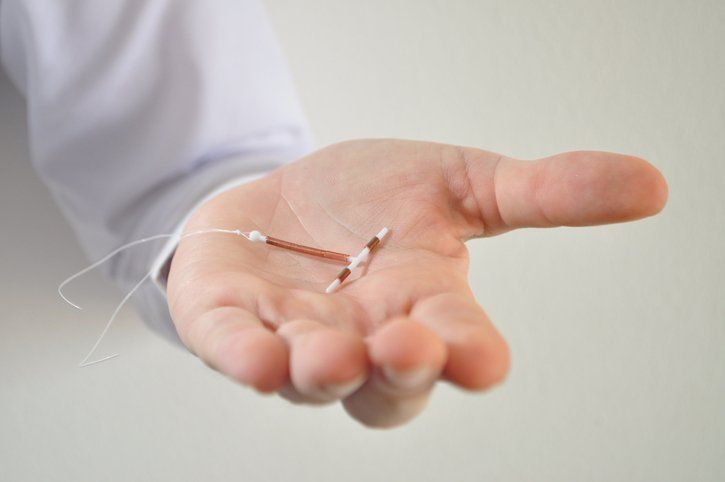If you're sexually active, you need to take steps to protect yourself from sexually transmitted infections. STIs are a big problem in the United States. There are about
20 million
new cases of STIs in the United States every year. And, more than 1.2 million people are living with HIV in the United States. Once you develop an STI, it can progress into an STD.
Some STDs include chlamydia, gonorrhea, and HPV. Treatments are available for STDs and STIs. And, there are ways to reduce your risk of contracting an STD or STI. Here are six effective ways to protect yourself against STDs and STIs.
Take Preemptive Measures
If you're in a high-risk category for contracting HIV, there are ways to protect yourself. Some high-risk categories include transgender women, youth aged 13-24 years, and gay or bisexual men. People who inject drugs are also at an increased risk for HIV.
Luckily, preemptive measures are available that can reduce your risk. One of those preemptive measures is pre-exposure prophylaxis (PrEP). PrEP is a medication that you take every day to reduce the risk of HIV transmission.
Practice Good Hygiene
Poor hygiene can also increase your risk of developing an STD or STI. Maintaining good personal hygiene can help prevent the spread of STDs. A good rule-of-thumb is to wash your genitals with soap and water after each sexual encounter. Good personal hygiene alone won't stop STDs and STIs. But, washing after sex can help reduce the spread of STDs and STIs.
Avoid Risky Sex Acts
Engaging in risky sexual behaviors could increase your risk of getting STIs and STDs. Some risky sex acts include anal and oral intercourse, anonymous sex partners, and multiple sex partners. Limiting those types of activities can reduce your risk of contracting STIs and STDs. If you want to continue these types of activities, be sure to use protection. Condoms, dental dams, and other barrier devices can reduce your risk.
Educate Yourself
Now that you're sexually active, it's time to learn about the dangers of STDs and STIs. Becoming educated about the risks can help you protect yourself. One way to educate yourself is to visit your OB/GYN. Your OB/GYN will discuss the different types of STDs and STIs that you're at risk of developing. They can also help you understand the symptoms associated with each disease and infection. That way, you can keep yourself protected.
Get Vaccinated
If you haven't checked your immunization status lately, you could be at an increased risk for some STDs and STIs. That's especially true where human papillomavirus (HPV) and Hepatitis B are concerned. Both of these diseases are transmitted through sexual activity. These diseases also increase your risk of developing certain types of cancer. Luckily, both of these diseases can be protected against through vaccinations. Your OB/GYN or family doctor can vaccinate you against these diseases.
Get Tested
Prevention is an important way to protect yourself against STDs and STIs. But testing is also important. If you're sexually active, one of the best things you can do is get tested for STIs and STDs on a regular basis. Regular testing is also important if you have multiple sex partners. Early detection allows doctors to begin your treatment earlier, which can reduce the spread.
Don't let an STI or STD ruin your life. If you're sexually active, follow the tips here to protect you against sexually transmitted diseases and infections. If you're worried that you might have an STI or STD,
contact us
at Jack G. Faup M.D. today. We can give you the testing and treatment you need at our offices.



